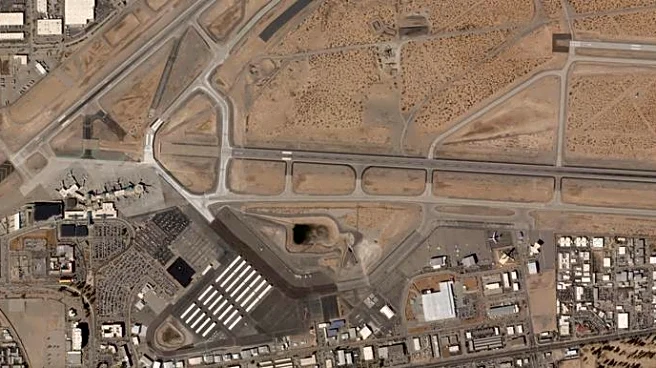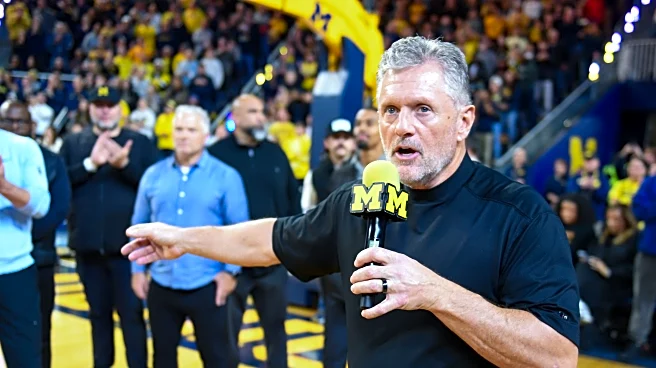By Allison Lampert and Rajesh Kumar Singh
MONTREAL/CHICAGO (Reuters) -Air Canada flight attendants want to make gains on unpaid work that go beyond recent advances secured by their U.S. counterparts, a union
leader said on Wednesday, in a fresh test of the way airlines compensate cabin crews.
Negotiators from Canada's largest carrier and the union representing more than 10,000 flight attendants are heading back to the bargaining table on Friday, under the shadow of a possible strike that could happen as early as August 16.
Most carriers have paid cabin crew members only when planes are in motion. But in their latest contract negotiations, flight attendants in North America have sought compensation for hours worked, including for tasks like boarding passengers and waiting around the airport before and between flights.
New labor agreements at American Airlines and Alaska Airlines legally require carriers to start the clock for paying flight attendants when passengers are boarding, not when the flight starts to taxi down the runway. Those gains came after Delta Air Lines, whose flight attendants are not in a union, instituted boarding pay for its cabin crew at half of their hourly wages in 2022 when they were trying to organize.
American's flight attendants would also be compensated for some hours between flights. United Airlines' cabin crews, who voted down a tentative contract deal last month, also want a similar provision.
Wesley Lesosky, president of the Air Canada component of the Canadian Union of Public Employees, told Reuters in an interview that his members want to be compensated for unpaid time beyond boarding.
"It’s not just the assisting of the passengers getting on the plane and saying, ‘please put your bag here,'" Lesosky said.
“What we’re looking for is, hey you require us to show up an hour prior, you require us to start safety briefings, safety checks. You require us to assist on the ground. That’s what we’re asking to be paid for.”
Such concessions, however, would entail higher labor costs for Air Canada, which reported a drop in second-quarter profit, weighed by weak passenger traffic to its key U.S. market.
Air Canada has said the compensation model in its latest contract has been endorsed by the union, and is consistent with what is used at most global carriers. The Montreal-based airline said there is more than enough time to reach a deal and avert a possible strike.
Both Air Canada and the union have said they prefer resolving demands for higher pay through a negotiated settlement. The union would need to give 72-hours notice before initiating any strike.
Lesosky said discussions with Air Canada started in December for the contract which expired in March 2025.
“We’re trying to fix an age-old practice," he said. "The goal is obviously to ensure our members get paid for this type of work. Everything is negotiable but compensation needs to stem from this for sure.”
(Reporting by Allison Lampert in Montreal and Rajesh Kumar Singh in Chicago; Editing by Mark Porter, Franklin Paul and Chris Reese)











